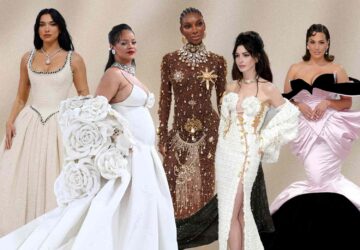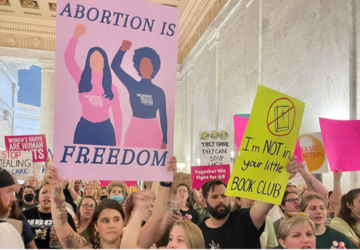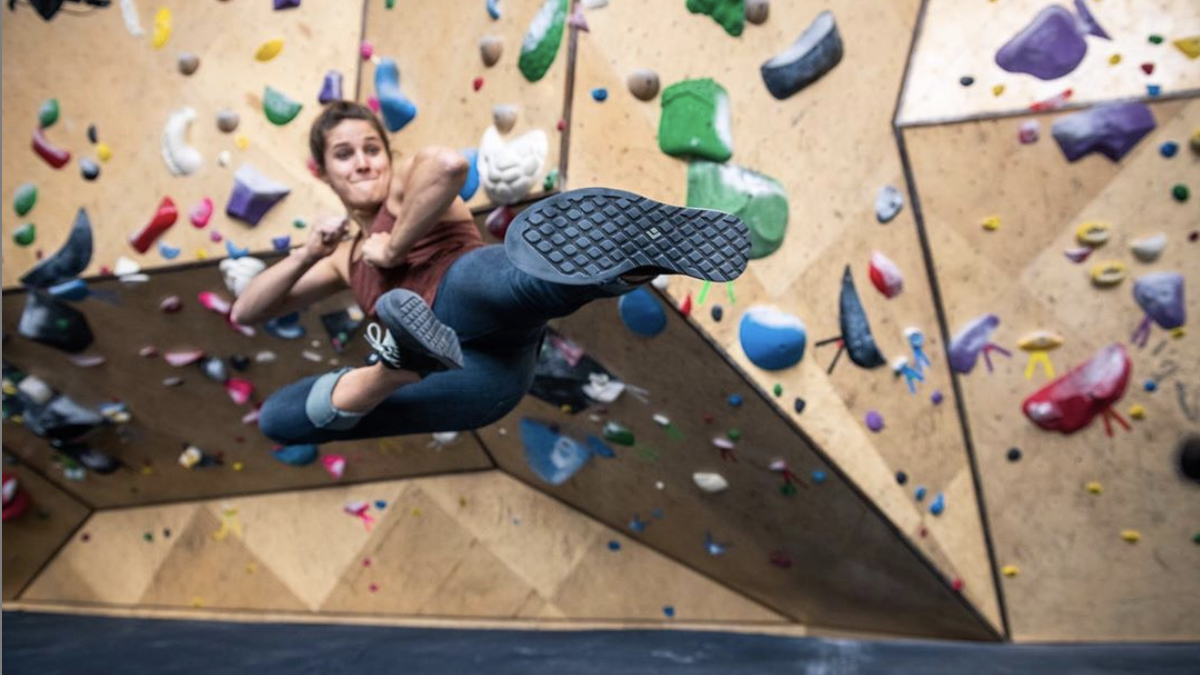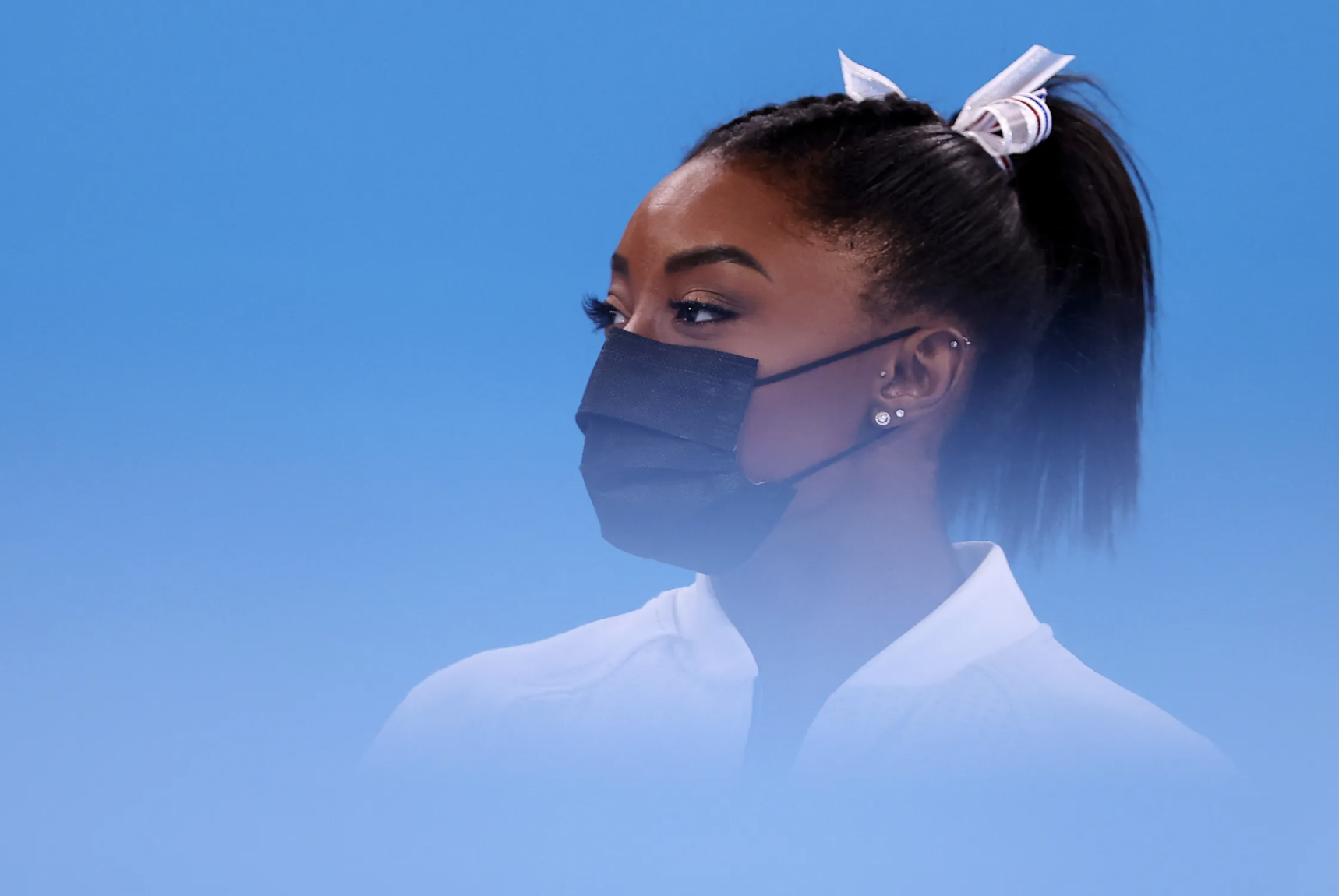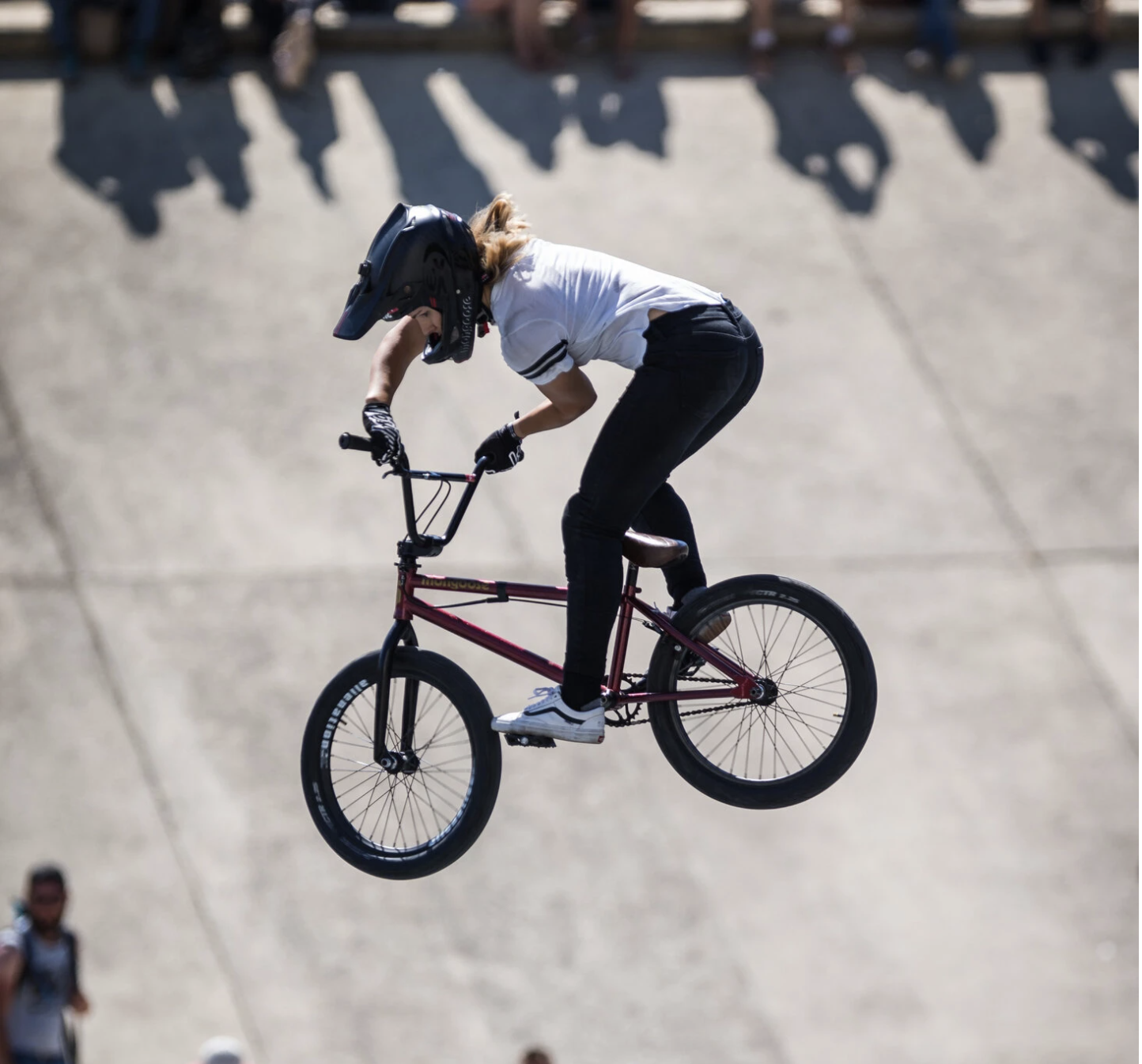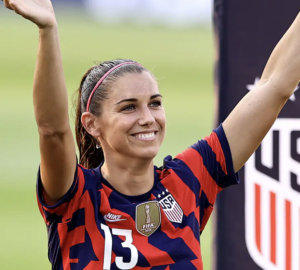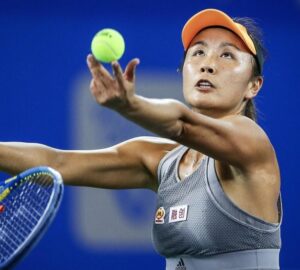How Leading Athletes Have Addressed Their Struggles With Mental Health, Life at Home With the BFF Rock Climbers Redefining the Sport, and Putting Women on More Equal Footing at the Olympics
How Have Other Leading Athletes Addressed Their Struggles With Mental Health?
By Ana Wilmer
Fans often wonder how their favorite athletes stay in such great physical shape; however conversations regarding the mental health of these fit athletes are rare. Tennis star Naomi Osaka recently began to shed light on the mental health struggles many athletes endure caused by the pressures of living in the spotlight. At this year’s French Open, Osaka decided not to take part in the traditional post-match press conference, leaving many fans confused. Naomi later shared that she too struggles with serious mental health issues and feels it is her responsibility, as well as other athletes with large fan bases, to normalize this. According to the nonprofit Athletes for Hope, roughly 35 percent of professional athletes struggle with mental health issues such as eating disorders, anxiety and depression. Most athletes do not feel comfortable sharing such information with the public, but Naomi Osaka, who is currently ranked second in the world by the Women’s Tennis Association, with a net worth of some $25 million, found the courage to share her struggles, hoping to spark more conversation about the mental states of professional athletes like herself. Soon after Osake shared her story, people began comparing her to Michael Phelps, a swimmer who amassed 21 gold medals during his olympic career. Micheal Phelps, like Osaka, shared that he battles with anxiety, depression, and other mental health issues. In 2014, Phelps was charged with a DUI but did not truly shed light on the cause of his actions until 2016 when he told the New York Times : “I saw me as everybody else did—as an all-American kid. Let’s be honest. There’s not a single human being in the world that’s like that.” While some may be disappointed by the fact that the professional athletes they once put on a pedestal are not actually perfect, others recognize that this movement of honesty regarding mental health struggles is necessary to finally demonstrate that physical fitness and overall performance should not take precedence over mental health.
Life at Home With the BFF Rock Climbers Redefining the Sport
By Avery Smith
Over the years, rock climbing has grown in popularity as more indoor climbing gyms have been built. Gyms make the sport more accessible to people who do not have access to outdoor climbing. Of course, as the sport became more mainstream, young athletes started making names for themselves as professional climbers: signing sponsor deals and growing on social media.
Kyra Condie, and Allison Vest, two champion rock climbers and best friends, stand out as social icons in the sport. Condie, only 24 years old, is on the Forbes 30 under 30 list, and she is one of the two American women who qualified to compete in the 2021 Tokyo Games. This year, climbing will make its Olympic debut. Vest competes in the Candian circuit and she is a three-time Canadian national champion. On top of that, Allison Vest is the first Canadian woman to climb the elite grade of V13-only four levels below the hardest boulder ever climbed, at V17. Both Kyra Condie and Allison Vest are very accomplished climbers and female athletes.
The two climbers met in 2016 at a world cup in Paris, when they realized they had a lot in common. They were both born in Minnesota, had June birthdays, liked the same music, had a love for celebrity gossip, and shared progessive political views. When the pandemic hit in the spring of 2020, Kyra and Allison moved in together. This inseparable duo created a Tik Tok account @climbingroomates which grew quickly. In a way, living together “fueled their creative energies” (Vogue). Together, they create fitness and comedy content, highlighting their athleticism and comical personalities.
As female athletes, Kyra Condie and Allison Vest encounter almost constant criticism about their looks. For example, haters attempt to bring down these powerful women for being “too muscular.” In response, these athletes decided to use their platforms to promote that women can look however they want to look. The two women set out to celebrate what their bodies can do, not how they appear.
Putting Women on More Equal Footing at the Olympics
By Avery Smith
The upcoming Olympic games, which start in July, will feature more women athletes than ever before. Women were first included in the Olympics in 1900, making up only 2.2 percent of the Olympic population that year. At the 1900 Olympics, the 22 women appeared in five “ladies” sports that were classified as respectable and refined, including golf and croquet. This year, however, women will make up 48.8 percent of the total field of Olympians. In comparison to the 1900 Olympics, this summer, “more than 5,000 female athletes will compete in more than 300 events, many involving speed, risk, strength, smarts, and guts” (The New York Times).
This year, during major, global broadcast periods, women events are planned to be highlighted. The new planning agenda is committed to gender equality. This year’s Olympics can accomplish so much for women: opening up opportunities for female athletes, increasing interests in women’s athletics, attracting new sponsors and broadcast deals, opening coaching jobs and leadership roles, and most importantly, furthering the push for equal pay in women’s and men’s sports.
No previous global sporting event has showcased women to the same extent as the Olympics plans to this year. New events at the Olympics, like climbing and skateboarding, are offering identical numbers of events for men and women, and close to equal totals of male and female competitors. Even pre-existing Olympic sports that were previously male-dominated, have added new events with women’s divisions. On top of that, this year, mixed competitions, with women and men competing together, will be featured more than ever before. The Summer Games are expected to promote women’s athletics and hopefully the gender equality seen in this olympic games will have a lasting effect on all sports.
Naomi Osaka Took a Hiatus from Tennis But Wins Off the Court
By Zac Cornell
On July 10th Naomi Osaka attended the 2021 ESPYS, receiving the award for Best Female athlete of the year. This was the first ESPYS that Osaka has attended and she appeared on stage, despite acknowledging that she was nervous, to thank ESPN, supporters, and her fans. She also referenced that “this year has been really tough for a lot of us,” and finished with “I really love you guys.”
Osaka, the highest-paid female athlete in the world, had to withdraw from the French Open last month after confrontations with tournament officials about her refusal to participate in media interviews. Osaka later explained the reason for her withdrawal on Instagram, saying it was due to anxiety and bouts of depression that began after the 2018 US Open where she defeated Serena Williams. She said, “I think now the best thing for the tournament, the other players and my well-being is that I withdraw so that everyone can get back to focusing on the tennis going on in Paris.”
Osaka also skipped Wimbledon this year, however, her tennis moratorium hasn’t stopped her off-the-court success. The 23-year-old is featured on the cover of Vogue Japan’s August issue and Nike released her summer drop the first week of July.
Then on July 12th, Osaka announced the release of her Barbie Role Model Naomi Osaka doll. According to Osaka, the doll is wearing a replica of her outfit from the 2020 Australian Open. Osaka tweeted the announcement about her new Barbie doll to her fans saying, “I hope every child is reminded that they can be and do anything.”
Osaka will return to the court to play in her first Olympics in Tokyo this summer representing Japan. Osaka was born in Japan but was raised in the U.S. and was a dual citizen. She was required under Japan’s Nationality Law to relinquish her U.S. citizenship before she turned 22 in order to represent Japan at the Olympics. Osaka will not have to speak to the press at the Olympics as there is no press mandate for athletes. The women’s singles tennis tournament is scheduled to begin on Saturday, July 24th.
